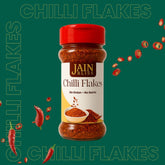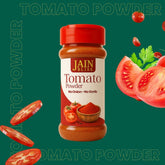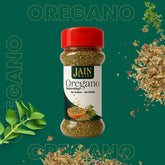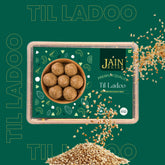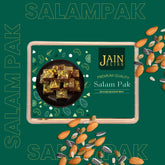JBT05 - Shree Sumatinath Bhagwan – The Fifth Jain Tirthankara

Shree Sumatinath Bhagwan – The Fifth Jain Tirthankara
Bhagwan Sumatinath, the fifth Tirthankara of Jainism, was born in Ayodhya into the noble Ikshvaku dynasty, to King Megha and Queen Mangala Devi. His name, meaning “One with Pure Intellect”, reflected his divine wisdom and detachment even from childhood.
He was the first Tirthankara to take birth after a Tirthankara attained Moksha, symbolizing the eternal continuity of spiritual guidance in the Jain tradition.
Birth and Early Life
-
Parents: King Megha and Queen Mangala
-
Birthplace: Ayodhya, Uttar Pradesh
-
Lineage: Ikshvaku Dynasty
-
Birth Date: Chaitra Shukla 5
-
Name Meaning: Sumatinath means “One with Pure Intellect”
From an early age, he displayed extraordinary wisdom, compassion, and a deep sense of detachment from material pleasures. Despite being raised in luxury, his heart remained drawn toward meditation and spiritual reflection.
Spiritual Journey
-
Renunciation: After ruling with fairness and compassion, he renounced his kingdom and adopted the ascetic path.
-
Keval Gyan (Omniscience): He attained infinite knowledge under a Priyangu tree, becoming free from all karmic bonds and gaining complete perception of reality.
-
Teachings:
-
Ahimsa (Non-violence): Avoid harm in thoughts, words, and actions.
-
Satya (Truthfulness): Live by honesty and purity.
-
Aparigraha (Non-Possessiveness): Detach from material desires.
-
Self-discipline & Self-realization: True liberation lies within.
-
Equality of all Souls: Every being has the potential for Moksha.
He also established the fourfold Sangha: monks, nuns, laymen, and laywomen — ensuring the spread and preservation of Dharma.
Symbol and Significance
-
Symbol (Lanchhan): Goose (Hamsa) – signifying purity, wisdom, and grace.
-
In some traditions, He is also associated with the Curlew bird (कुरर पक्षी).
- His presence was so divine that even wild animals became calm in his company.
Nirvana (Liberation)
-
Place: Sammed Shikharji, Jharkhand
-
He attained Moksha (Nirvana) at this most sacred site, where 20 Tirthankaras have attained liberation.
- After shedding all karmic bonds, he became a Siddha — a liberated soul residing in Siddhashila.
Unknown & Interesting Facts
-
He was the first Tirthankara born after another Tirthankara attained Moksha, signifying continuity of spiritual guidance.
-
His aura was said to calm even ferocious animals.
-
Both kings and commoners were deeply influenced by his teachings and discourses.
- His teachings are preserved in Jain scriptures and remain relevant even in modern times.
Frequently Asked Questions (FAQs)
Q1. What is the meaning of the name “Sumatinath”?
👉 It means “One with Pure Intellect”, symbolizing his divine wisdom and clarity.
Q2. What is his symbol (Lanchhan)?
👉 His symbol is the Goose (Hamsa), though in some traditions it is described as the Curlew bird (कुरर पक्षी).
Q3. Where did he attain Keval Gyan?
👉 He attained Keval Gyan under a Priyangu tree after deep meditation and penance.
Q4. Where did Bhagwan Sumatinath attain Moksha?
👉 He attained Nirvana at Sammed Shikharji, one of the holiest Jain pilgrimage sites.
Q5. How is Bhagwan Sumatinath remembered today?
👉 He is worshipped through temples, rituals, and festivals, especially on his Janma Kalyanak (birth anniversary).



